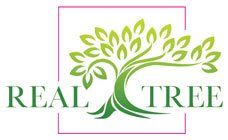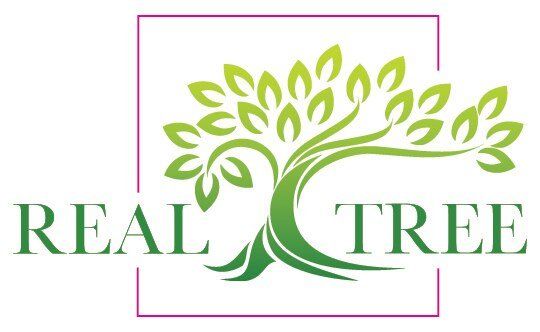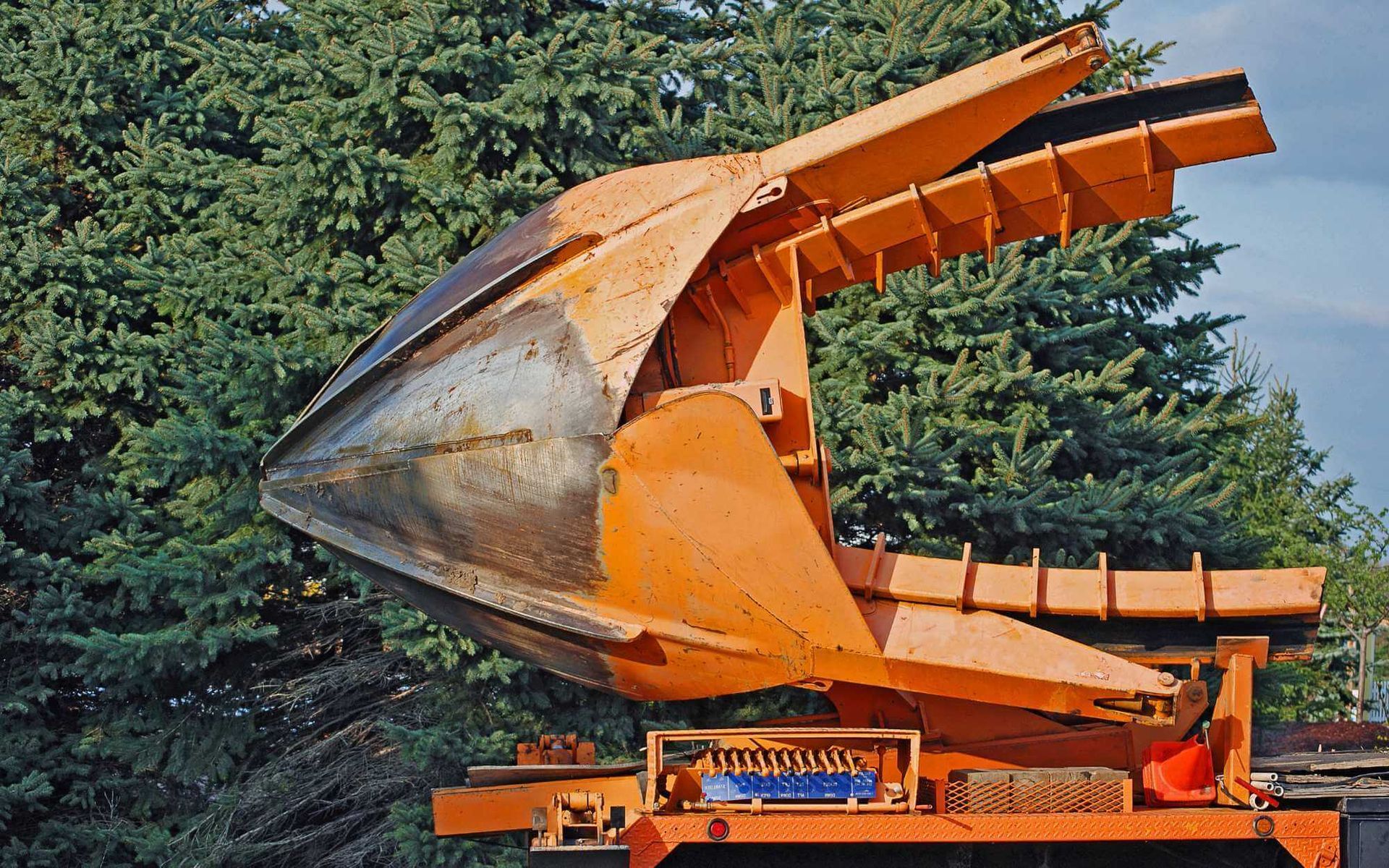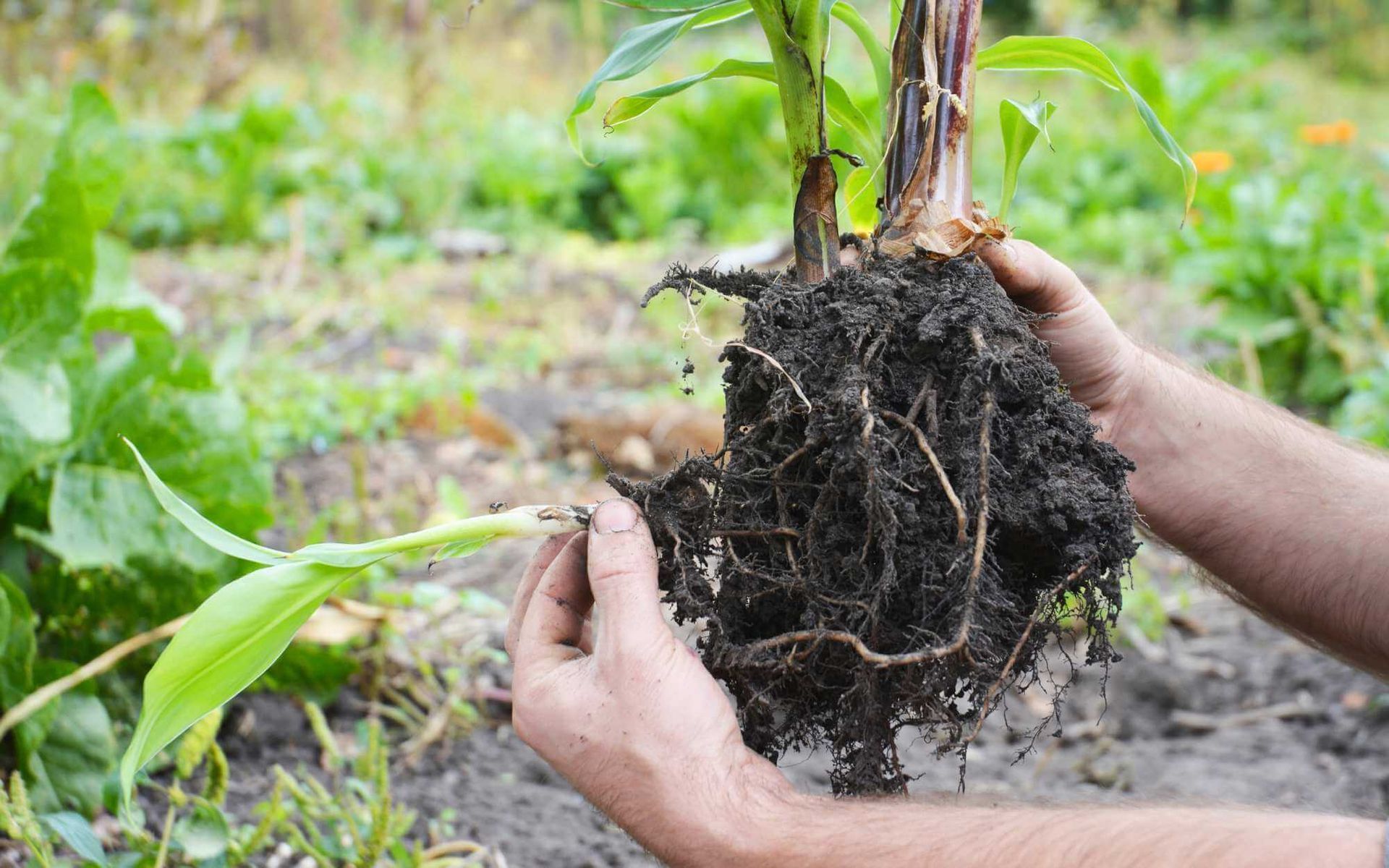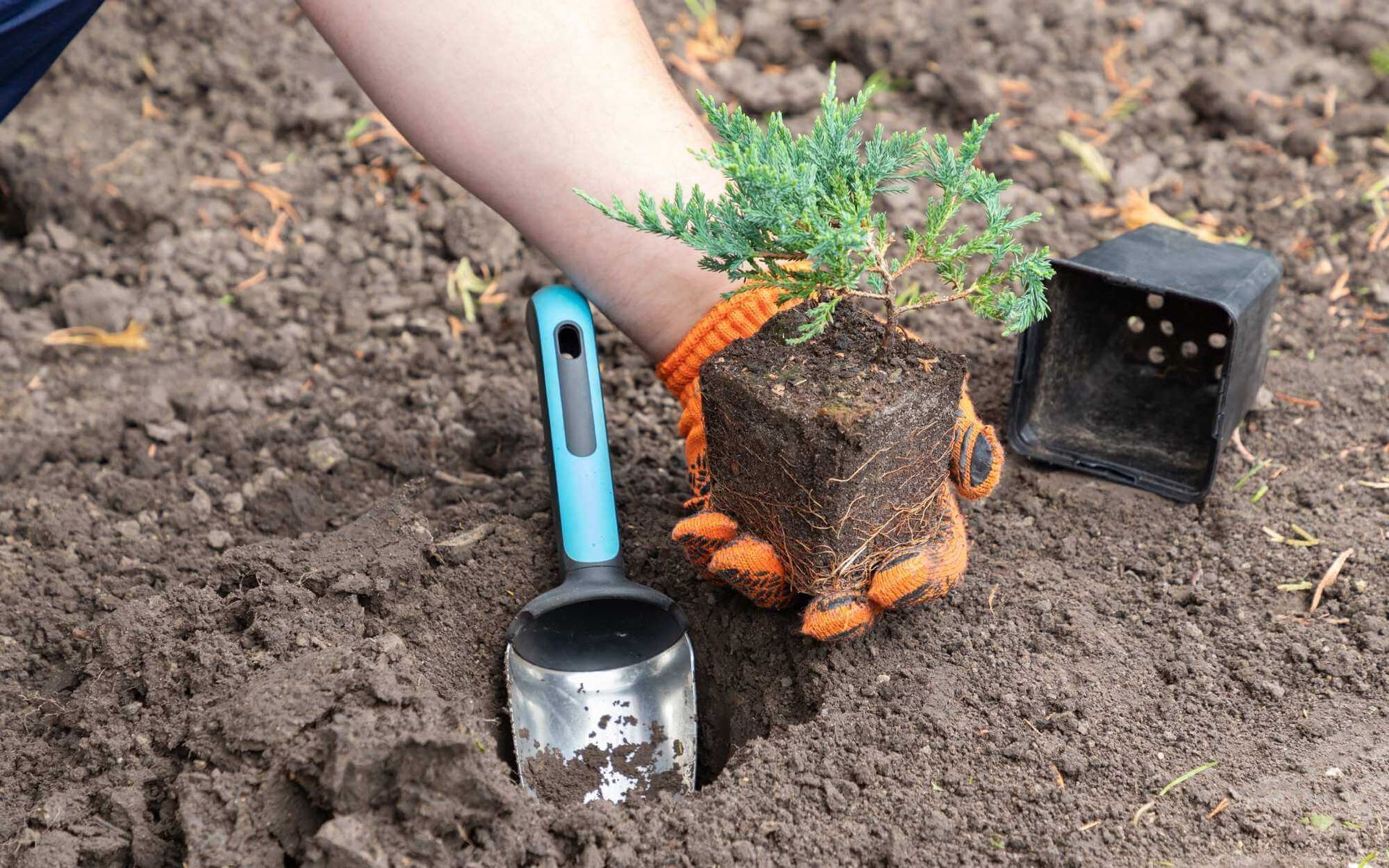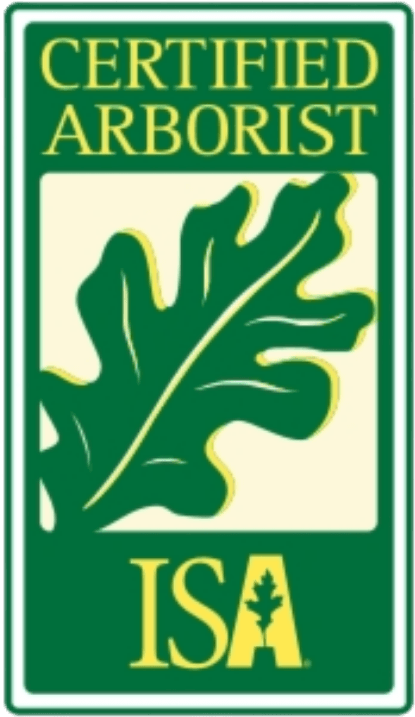Storm Debris Removal and Tree Cleanup Checklist
PUBLISHED ON
SHARE THIS ARTICLE
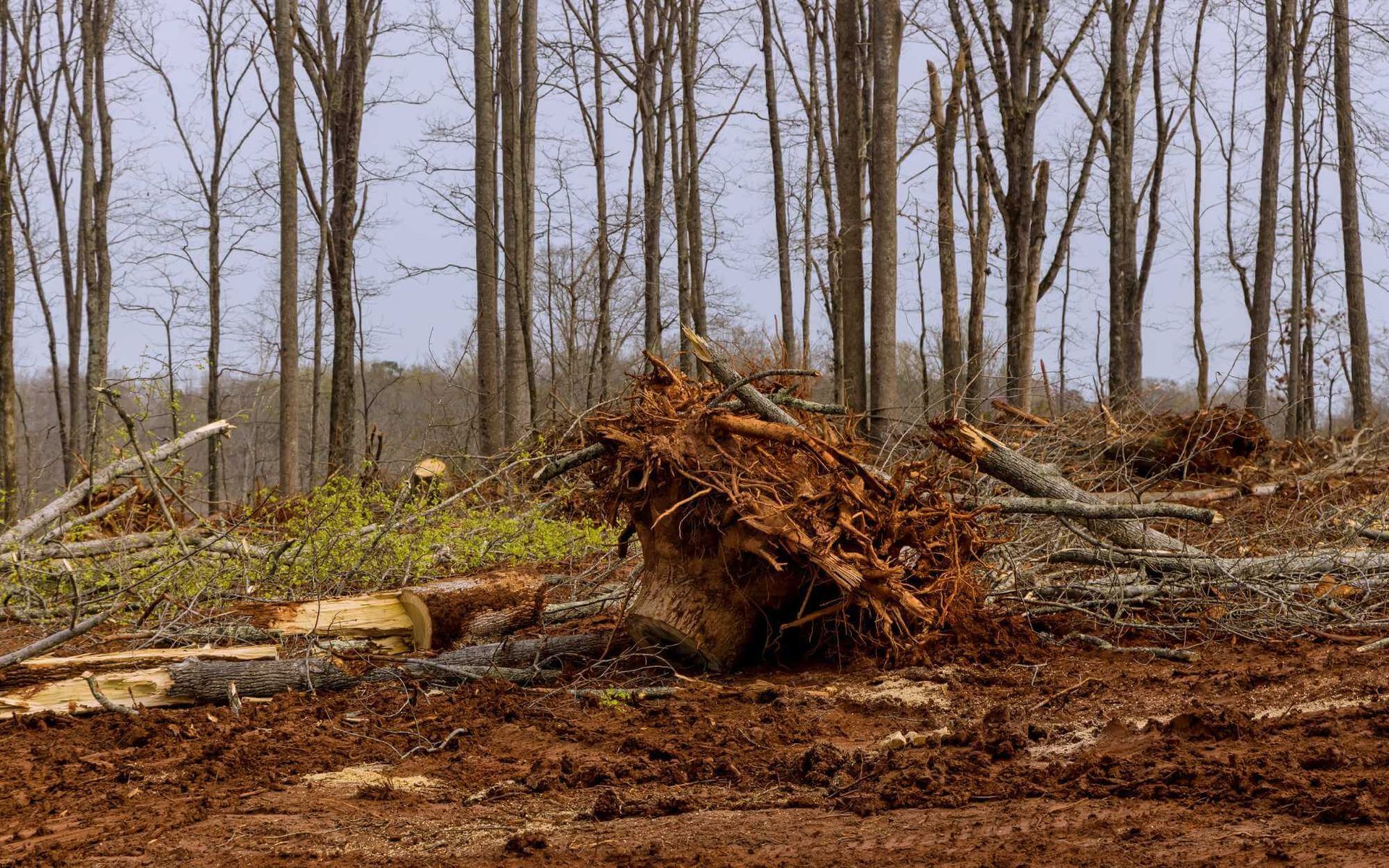
In the aftermath of a storm, the task of cleaning up debris and damaged trees can be daunting. It's a task that requires meticulous planning and proper execution to ensure safety and efficiency.
Having a comprehensive checklist for post-storm debris removal and tree cleanup is essential. This guides you step by step, ensuring that no crucial task is overlooked, and helps to organize the cleanup efforts, making the process manageable.
Furthermore, a well-prepared checklist contributes towards a quicker return to normalcy and, more importantly, guarantees the safety of everyone involved in the cleanup process.
In this blog post, we'll guide you through creating this essential tool for disaster management.
Assess the damage
Start by conducting a thorough survey of the storm-affected area.
Carefully inspect for downed trees, fallen branches, and other debris. Document the extent of the storm damage and identify any potential hazards. This initial assessment is a crucial step in prioritizing cleanup tasks and ensuring safety during the process.
Prioritize safety
Safety is paramount in post-storm cleanup. Downed power lines and other structures can be hazardous and must be handled first.
Ensure to wear protective gear - sturdy footwear to prevent foot injuries from sharp debris, gloves for hand protection, and goggles to shield eyes from dust and potential projectiles. This safety attire is non-negotiable for all, reducing the risk of injuries during cleanup.
Clear pathways
Clearing pathways is essential to regain accessibility. Remove fallen trees and large branches obstructing driveways, roads, or walkways. Be cautious of hidden dangers like broken glass or nails.
For large, heavy debris, use machinery or professional services to prevent personal injury. Restoration of these routes facilitates quicker aid and recovery.
Remove hazardous debris
Address broken or dangling tree limbs promptly as they pose a falling risk. Carefully assess the situation and, if safe, use proper tools to cut and remove them.
For high or unstable branches, or if in doubt, hire a professional tree service to mitigate the potential danger.
Dispose of debris
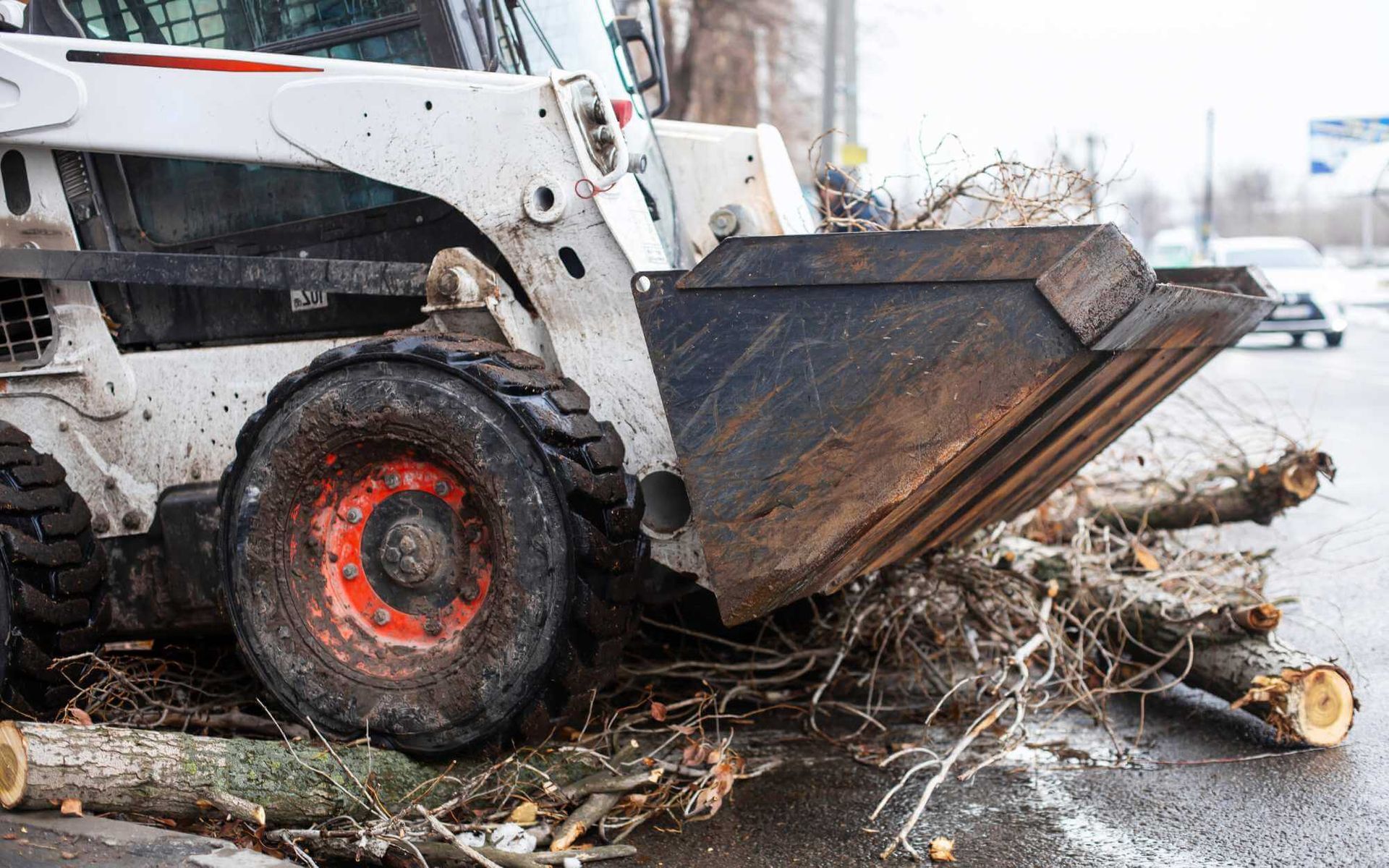
Gathering debris is the next crucial step. Collect broken branches, leaves, and other storm detritus. Dispose of the debris responsibly, adhering to local regulations for green waste disposal.
Some areas provide specific pickup services for storm debris or designated disposal sites. Always follow these guidelines to ensure your cleanup respects environmental standards.
Conduct tree assessment
Inspect all trees closely for signs of damage. Look for broken or hanging branches, split trunks, or leaning trees. If pruning is enough to restore tree health, do so. However, in the case of severe damage, consider tree removal.
Always consult an arborist for expert opinion to ensure safety and tree health.
Trim dead or dying branches
Trimming damaged branches and removing dead or weakened limbs is a key step towards promoting the tree's health. This process allows the tree to focus its energy and resources on new growth, leading to an overall stronger and healthier tree. However, it's important to ensure safe and correct pruning practices to avoid further harm to the tree.
Remove damaged trees
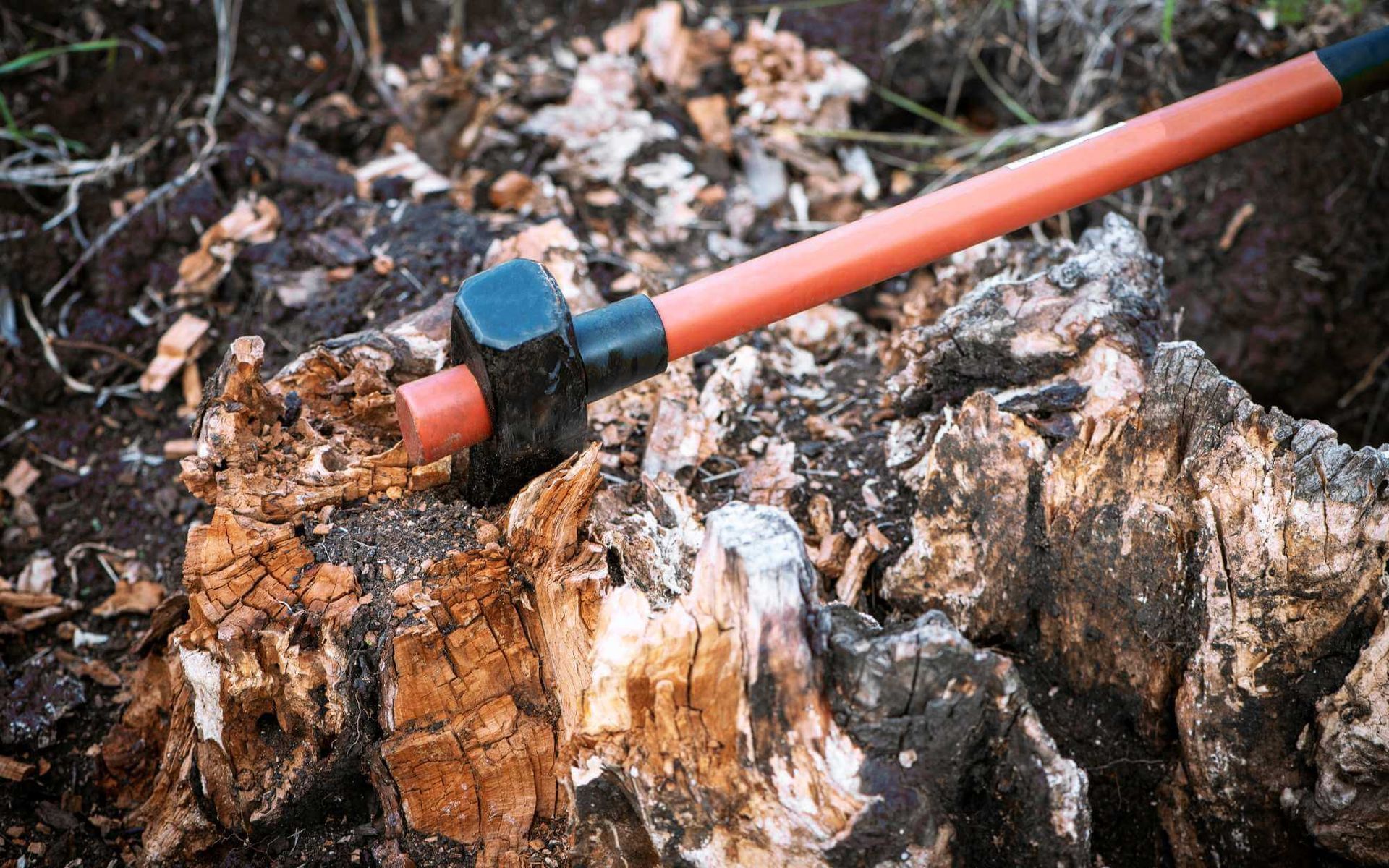
If trees are severely damaged or uprooted, safe removal is paramount to prevent further hazards. It's advised to seek professional help due to the potential risks involved.
Professional tree services have the appropriate knowledge, tools, and skills to safely dismantle and remove the tree, minimizing any additional damage to property and ensuring public safety.
Clean up the area
Following the tree removal process, meticulous raking of the cleanup area is necessary to clear smaller debris, such as leaves, twigs, and small branches.
This step not only restores the aesthetic appeal of the space but also eliminates trip hazards, contributing to overall safety. Ensure collected debris is disposed of correctly and responsibly.
Seek professional help
Hiring a certified arborist for complex tree care or extensive cleanup is a wise decision.
Professionals bring in-depth knowledge, specialized equipment, and expertise, ensuring safe and efficient debris removal. They can adeptly handle complicated situations, minimizing further damage and enhancing the recovery process, making it a worthwhile investment for storm cleanup.
Use this tree cleanup checklist for storm debris removal!
As you undertake the formidable task of storm cleanup, always prioritize safety over speed. With this checklist, you're now equipped to tackle post-storm cleanup effectively. Remember to prioritize safety, follow local regulations for disposal, and seek professional help when needed.
If the situation presents formidable challenges or hazards, don't hesitate to call upon professional help. Our team is always ready to assist, ensuring the clean-up process is performed efficaciously and safely. Don’t risk it – call our
post-storm cleanup team for a swift and secure restoration of your property.
Want a free quote or some friendly advice? Call our team today:
